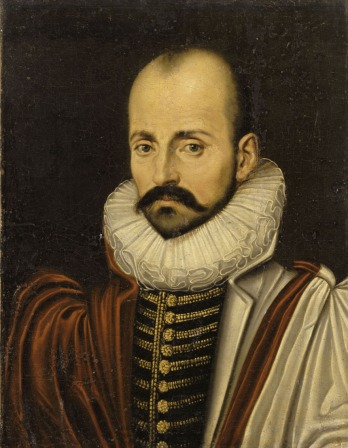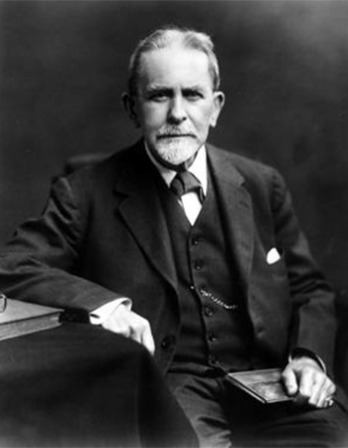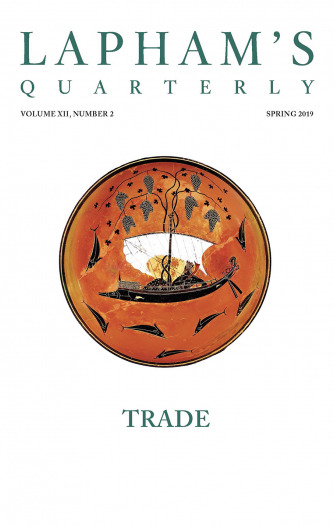We feel bound explicitly to avow our unshaken persuasion that all war is utterly incompatible with the plain precepts of our divine Lord and Lawgiver, and the whole spirit of His gospel, and that no plea of necessity or policy, however urgent or peculiar, can avail to release either individuals or nations from the paramount allegiance which they owe to Him who hath said, “Love your enemies.” In enjoining this love, and the forgiveness of injuries, He who has brought us to Himself has not prescribed for man precepts which are incapable of being carried into practice, or of which the practice is to be postponed until all shall be persuaded to act upon them.
We cannot doubt that they are incumbent now, and that we have in the prophetic scriptures the distinct intimation of their direct application, not only to individuals, but to nations also. When nations conform their laws to this divine teaching, wars must necessarily cease.
We would, in humility, but in faithfulness to our Lord, express our firm persuasion that all the exigencies of civil government and social order may be met under the banner of the Prince of Peace, in strict conformity with His commands.
The Society of Friends, from “The Richmond Declaration.” In 1682 the persecuted lawyer William Penn founded the Pennsylvania colony as a “holy experiment,” based on Quaker ideals and religious liberty. In 1887 ninety-five Quaker delegates signed “The Richmond Declaration” to create a lasting statement of faith. It remains in use today, providing, among other things, the basis for the Friends’ claim for conscientious-objector status.
Back to Issue




